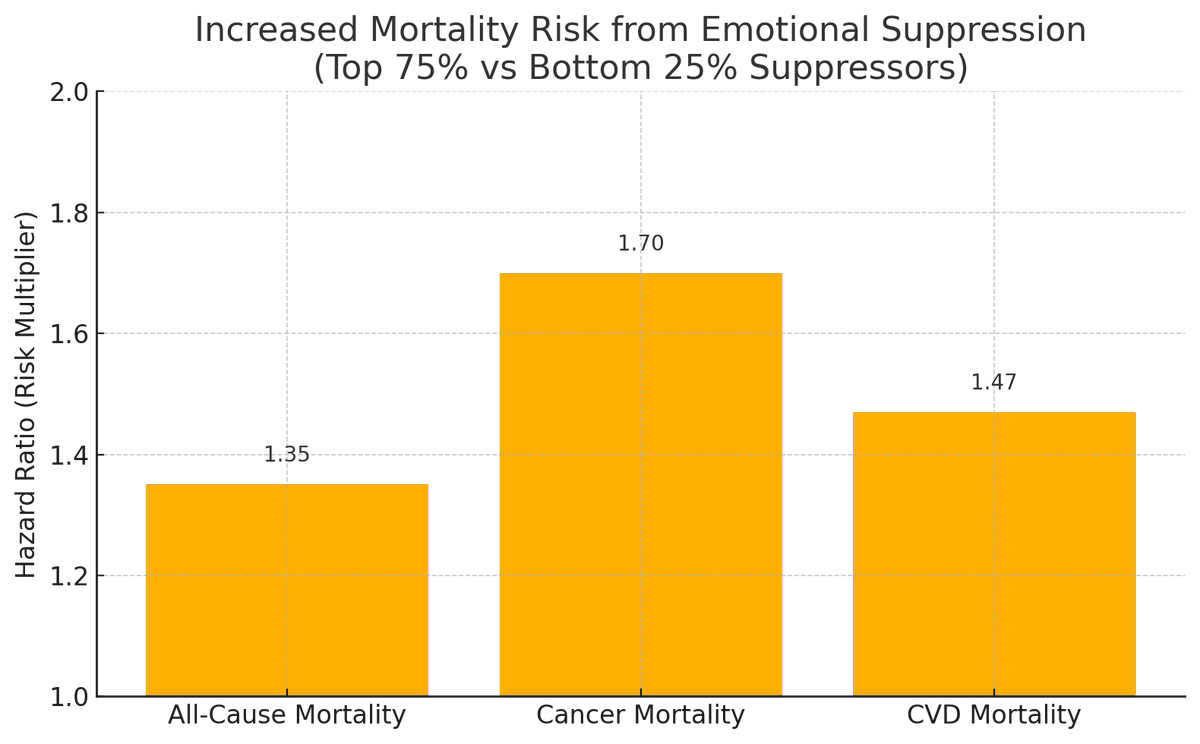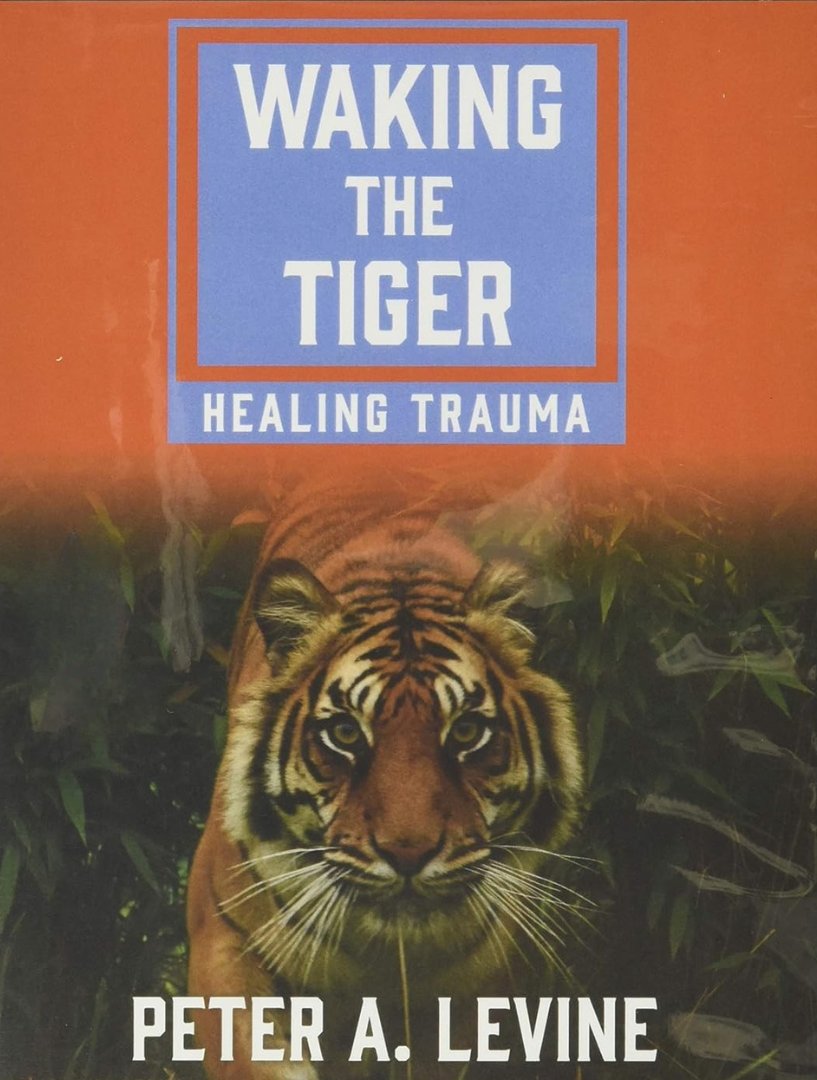You’re not introverted. You're not shy. You’re imprisoned.
Stanford psychologist Philip Zimbardo proved shyness is not your personality.
It's a cage built by fear of rejection—and most people never find the key.
Here’s how to break free: 🧵
Stanford psychologist Philip Zimbardo proved shyness is not your personality.
It's a cage built by fear of rejection—and most people never find the key.
Here’s how to break free: 🧵

Zimbardo's groundbreaking 1975 study revealed an astonishing truth: 40% of Americans consider themselves chronically shy.
That's over 84 million people trapped in what he called "silent prisons of shyness".
But here's what shocked him most:
That's over 84 million people trapped in what he called "silent prisons of shyness".
But here's what shocked him most:

The shy aren't lacking social skills, they're:
"Excessively self-conscious, constantly sizing themselves up negatively, and overwhelmingly preoccupied with what others think."
Your problem isn't ability.
It's acute self-awareness turned into self-torture.
"Excessively self-conscious, constantly sizing themselves up negatively, and overwhelmingly preoccupied with what others think."
Your problem isn't ability.
It's acute self-awareness turned into self-torture.
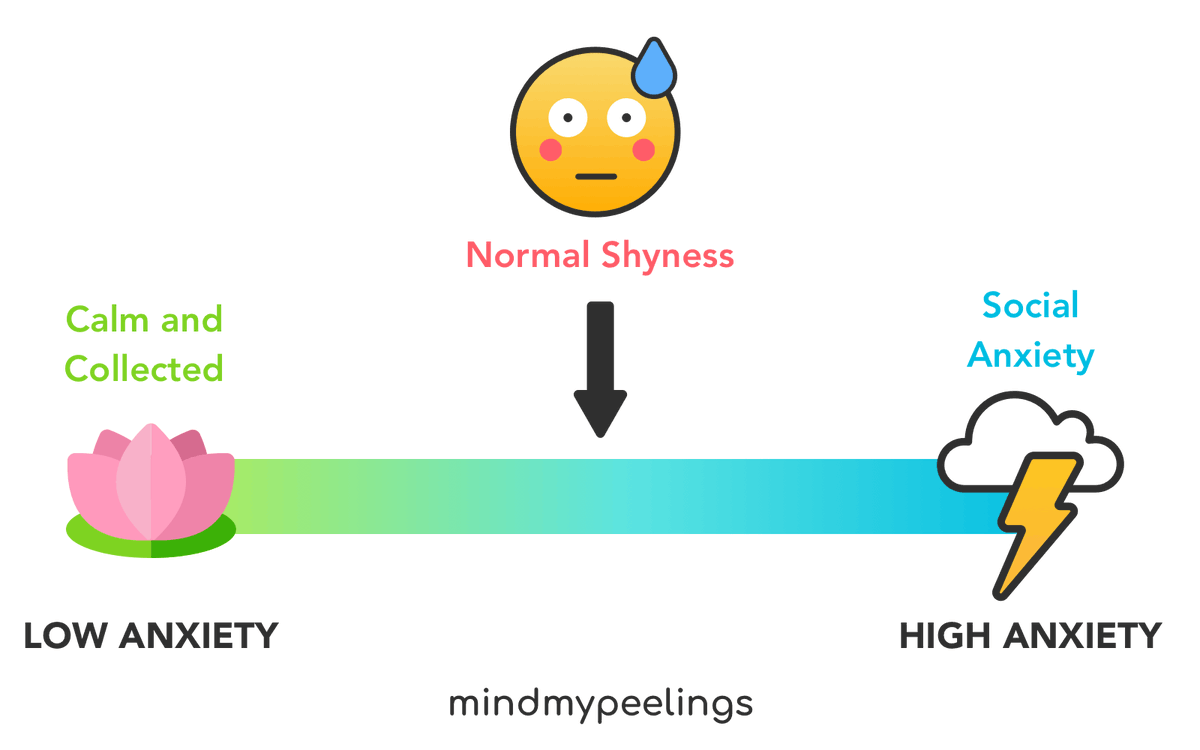
Zimbardo discovered this after his famous Stanford Prison Experiment, when he noticed:
"Shyness becomes a form of imprisonment, in which the person plays both the role of guard who constantly enforces restrictive rules and the role of prisoner."
You're both captor and captive.
"Shyness becomes a form of imprisonment, in which the person plays both the role of guard who constantly enforces restrictive rules and the role of prisoner."
You're both captor and captive.

The "guard-self" imposes coercive control rules.
The "prisoner-self" accepts them.
Together, they limit the shy person's freedoms.
This creates coping strategies of minimal social involvement and avoidance of potential rejection.
Sound familiar?
The "prisoner-self" accepts them.
Together, they limit the shy person's freedoms.
This creates coping strategies of minimal social involvement and avoidance of potential rejection.
Sound familiar?
Zimbardo found that shy people aren't introverts.
"Introverts have the conversational skills and self-esteem necessary for interacting successfully with others but prefer to be alone.
Shy people want very much to be with others but lack the social skills and self-esteem."
"Introverts have the conversational skills and self-esteem necessary for interacting successfully with others but prefer to be alone.
Shy people want very much to be with others but lack the social skills and self-esteem."
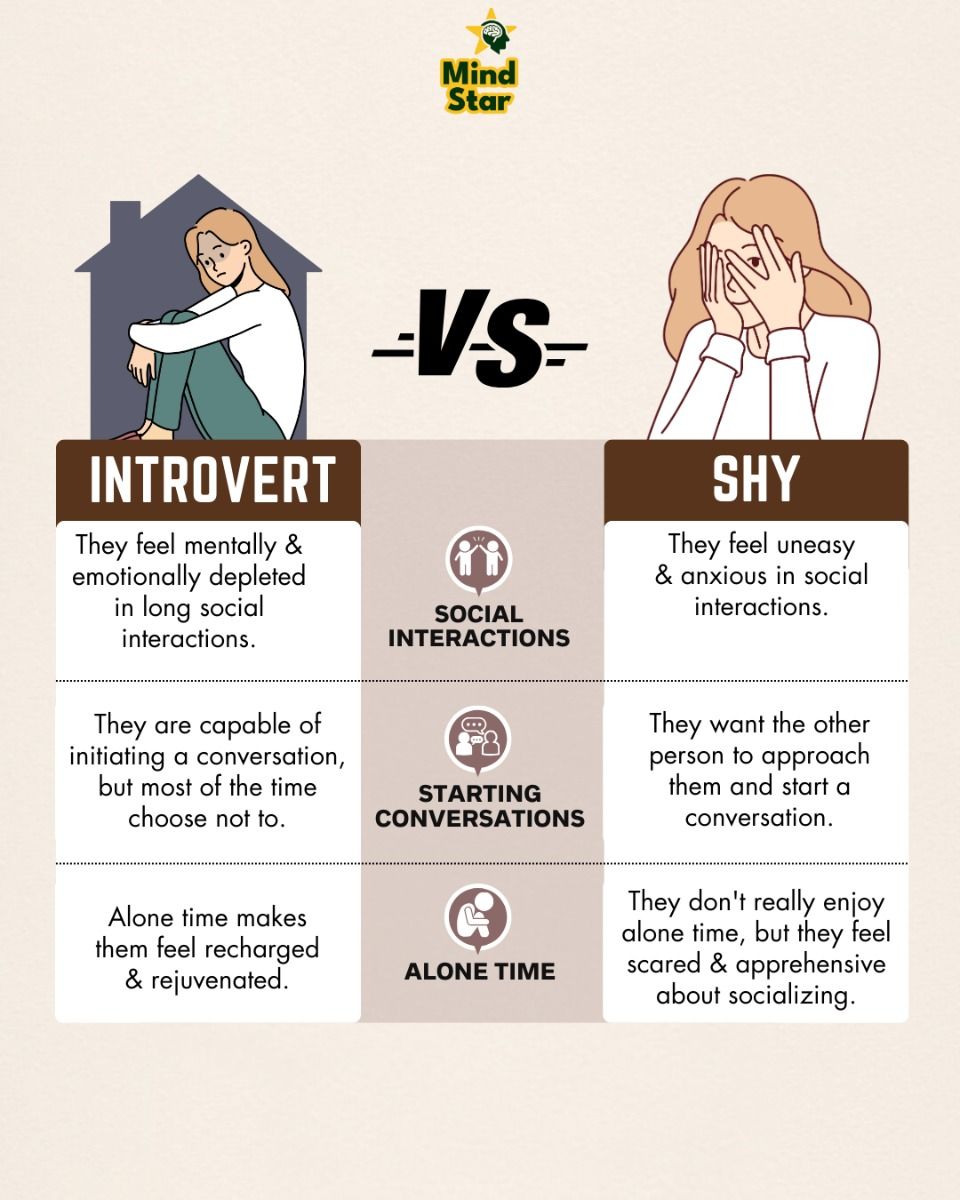
The good news:
The prison exists in your mind—which means you hold the keys.
Zimbardo's Stanford clinic proved the pain of shyness and social anxiety can be relieved by challenging automatic thoughts and beliefs and learning new behaviors.
The prison exists in your mind—which means you hold the keys.
Zimbardo's Stanford clinic proved the pain of shyness and social anxiety can be relieved by challenging automatic thoughts and beliefs and learning new behaviors.
The traditional approach treats shyness like a skill deficit.
It's not.
Zimbardo found shy people have the skills but they're trapped by self-consciousness and fear of judgment.
The problem isn't ability.
It's the internal guard constantly enforcing restrictive rules.
It's not.
Zimbardo found shy people have the skills but they're trapped by self-consciousness and fear of judgment.
The problem isn't ability.
It's the internal guard constantly enforcing restrictive rules.
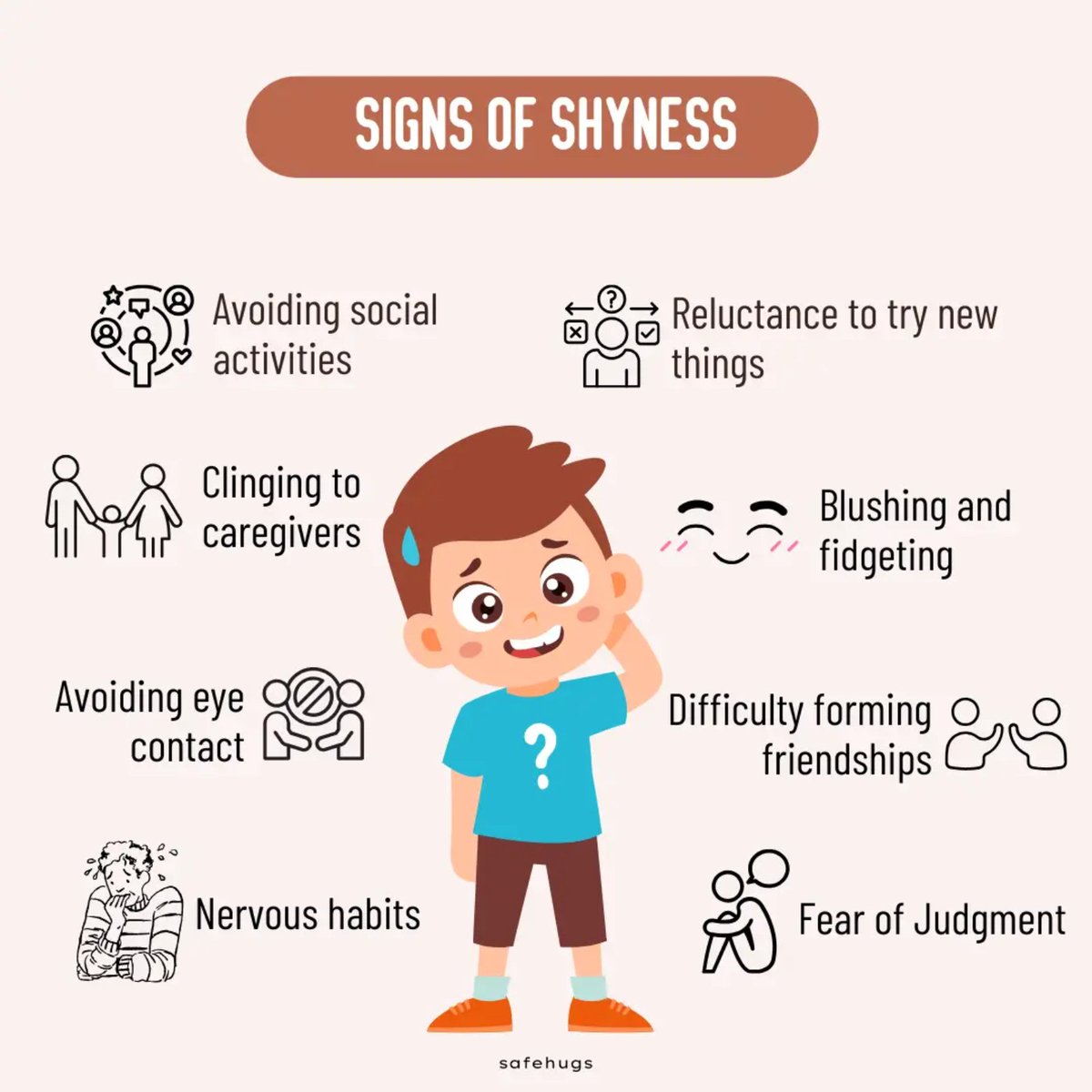
The guard–prisoner cycle runs on suppressed emotions and chronic nervous system activation.
This is where most therapy fails.
Traditional CBT challenges thoughts.
Exposure therapy forces you into action.
But neither addresses the emotional charge that powers the prison.
This is where most therapy fails.
Traditional CBT challenges thoughts.
Exposure therapy forces you into action.
But neither addresses the emotional charge that powers the prison.
Zimbardo's clinic used a "social fitness model"—treating social connection like physical exercise.
It addressed cognitive and behavioral patterns brilliantly.
But the most effective approach addresses the emotional layers first.
Here's why this matters:
It addressed cognitive and behavioral patterns brilliantly.
But the most effective approach addresses the emotional layers first.
Here's why this matters:
When your nervous system is stuck in threat mode, cognitive techniques feel impossible and behavioral exercises feel terrifying.
But when you process the emotions first, everything else becomes easier.
Here's the sequence that actually works:
But when you process the emotions first, everything else becomes easier.
Here's the sequence that actually works:
You need to:
1. Feel suppressed emotions safely
2. Release the tension they created
3. Dissolve limiting beliefs at their root
4. Only then rebuild confidence through practice
This is exactly what I help my clients do:
1. Feel suppressed emotions safely
2. Release the tension they created
3. Dissolve limiting beliefs at their root
4. Only then rebuild confidence through practice
This is exactly what I help my clients do:
After I escaped my own social anxiety prison, I found the missing piece that makes Zimbardo's approach even more effective.
I created a free training that shows you exactly how to break free.
Watch it here:
freetraining.bohusbohunicky.com
I created a free training that shows you exactly how to break free.
Watch it here:
freetraining.bohusbohunicky.com
Want to work with me directly to dissolve social anxiety, overthinking, and self-sabotage at its source?
I help ambitious professionals break free from the guard-prisoner cycle and build grounded confidence in 90 days.
Book a free call:
cal.com/bohus/discover…
I help ambitious professionals break free from the guard-prisoner cycle and build grounded confidence in 90 days.
Book a free call:
cal.com/bohus/discover…
Not ready for 1:1 work but interested in:
• Healing anxiety
• Eliminating self-sabotage
• Ending overthinking loops
• Dating without the tension
• Breaking through what holds you back
Join 400+ others and subscribe to my newsletter:
integralpath.kit.com/integralpath
• Healing anxiety
• Eliminating self-sabotage
• Ending overthinking loops
• Dating without the tension
• Breaking through what holds you back
Join 400+ others and subscribe to my newsletter:
integralpath.kit.com/integralpath
If you found value in this thread:
• Bookmark for reference
• Share it with someone who needs it
• Follow @TheIntegralPath for more content like this
Thank you for reading!
• Bookmark for reference
• Share it with someone who needs it
• Follow @TheIntegralPath for more content like this
Thank you for reading!
https://twitter.com/1374337128/status/1965395205084881232
• • •
Missing some Tweet in this thread? You can try to
force a refresh


